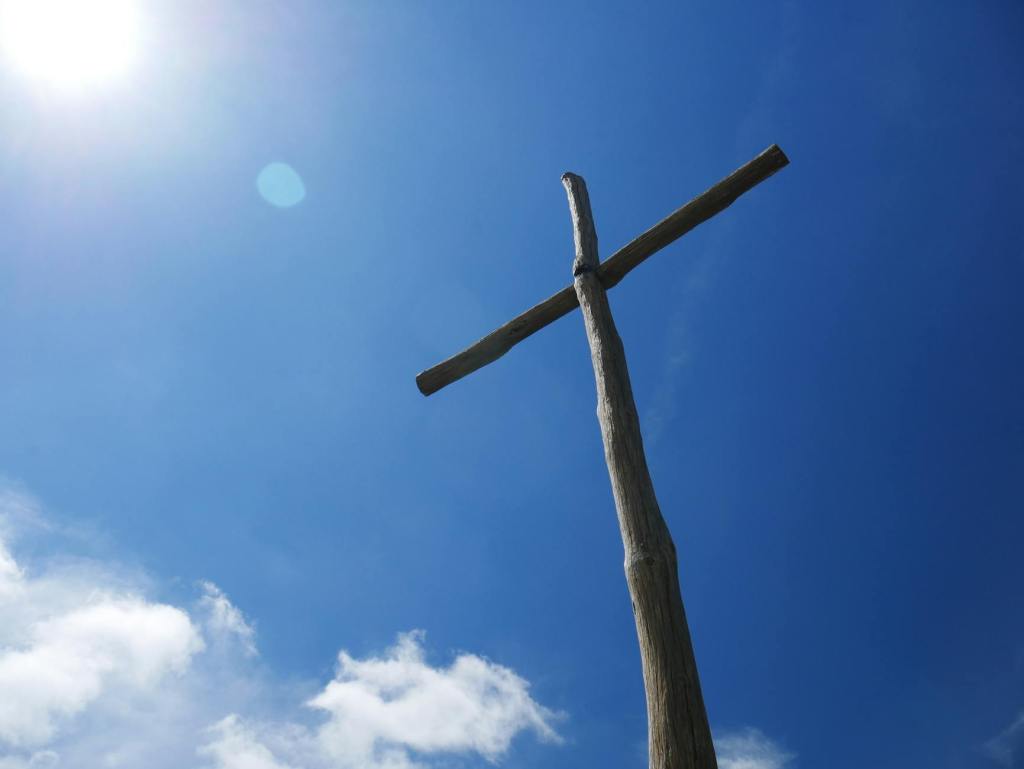First Sunday of Advent
December 3, 2023
Mark 13:24-37
In 1975, one of my predecessors, the Rev. Roger Cilley, made a phone call. Roger called a hotshot organist from Christ Church, San Antonio. Christ Church was the biggest Episcopal church in west Texas. It had a huge choir, a great organ, everything an organist and choirmaster could want. That organist, Ron Wyatt, had more degrees than a thermometer. And yet, Ron took that call from Roger. And thus began the next forty-eight years of Trinity’s history.
This history is important. Think of all that changes, all the upheavals in the world, in the church since 1975. In his time here, Ron has outlasted five rectors and four bishops. By my count, he’s been at Trinity for at least two major hurricanes and one global pandemic. Ron has played for more weddings, funerals, and baptisms for the people of Galveston that I could even begin counting. He’s sustained the choir through all these ups and downs and made sure we got this “new” organ. Which, I should note, is as old as I am.
So we gather here today, first and foremost to praise the Lord God Almighty and render thanks for all the blessings of this life. But also to mark this extraordinary tenure, to celebrate this singular man, Ron Wyatt. In honor of all these years, all the praise of God he has led for us; in thanksgiving for taking that phone call in 1975.
I’ll admit to you, recently I’ve been thinking a lot recently about that phone call, about my predecessor, the Rev. Roger Cilley. Just a few weeks ago I stopped at Roger’s grave over there in the Episcopal cemetery off Broadway, and thought, “so what’s next?” This is a huge moment in the life of our church, the end of one chapter and the beginning of the next. I will admit, I don’t know exactly what’s next. I’m uncertain as to what it holds. Who can we find? Who will take my phone call? So what’s next?
This lesson from the Gospel of Mark is instructive for us at this junction in the life of our church. I know, it’s a tough lesson. Jesus is talking about suffering, and destruction, and things passing away, and the master returning suddenly. You know, I actually asked the bishop if we could read another lesson; maybe something about music or gratitude or something, just, nicer. He said, “no.” But maybe there was grace in that. Because there is something we can take from this.
This lesson takes place at the end of Jesus’ ministry, he’s in Jerusalem with his disciples during the last week of his life. No more parables. No more healings. No more miracles. It’s just Jesus and his disciples standing next to the great Temple in Jerusalem.
And Jesus feels it in his bones. That they are on the cusp of one chapter of history, and at the beginning of the next. In just a few days, Jesus will be betrayed, arrested, and executed. And more than that. Jesus knows that things will get even worse. He can see the brewing conflict between the ancient Jews and their Roman occupiers. He can sense the tensions ratcheting up. And Jesus knows, he knows that in just a few decades the Romans will come marching into Jerusalem and burn it to the ground. As in fact they did, not one lifetime after Jesus rose from the dead. This history is important. If you don’t know the history of the Bible, you’re bound to read it incorrectly.
So this lesson from Jesus is not a lesson about “the end of the world” as we think about it. Like, the end of the space-time universe. That’s not what he’s getting at all. Jesus is talking about things changing so much, so much upheaval, so much devastation that it will feel like the end of the world as his disciples know it. “Can’t you see it?” Jesus says. From the fig tree learn its lesson. The time is coming, soon and very soon, when all this destruction will take place. You and I should not read this two thousand years later and think that Jesus missed the timeline for the “end of the world.” No. Jesus was spot on. For suddenly, just a few years after Jesus, there was a Jewish revolt, and war broke out, and the Romans destroyed it all. The western wall in Jerusalem, that massive stone edifice that you’ve seen pictures of? That’s all that remains from that great war. Everything that the disciples knew and loved was coming to an end.
Now, things at Trinity Church are not quite that dire with Ron’s retirement. I do not expect legions of, I don’t know, Presbyterians to descend upon Trinity Church and burn it down just because Ron isn’t here. But we get the gist of it. In moments of change, with all that anxiety, there is one lesson from Jesus that we need to hang on to. “Keep awake.” Stay alert. This will be our task at Trinity, as it has ever been. Because it’s not about the Organist, it’s not about the choir, it’s not about the rector. It’s the fact that we gather, as a community, week by week to praise the Lord God Almighty and to render thanks for all the blessings of this life. That’s how we keep awake, and stay alert. Just because the person at the organ bench is different, or the priest in the pulpit is different, this will not change a thing. We gather to pray, to worship, to follow Jesus together.
This is precisely what Jesus is telling his disciples two thousand years ago. Everything is going to change. It’s going to get messy. There will be wars and rumors of wars. But that shouldn’t change a thing. Their task, as ours, is to remain faithful to the Lord God. Take this lesson for your own life, too. When the proverbial Romans come marching in, when they start tearing down the temples of your life, hold fast to Jesus. When you get that diagnosis, or that dreaded phone call. When your relationships fall apart, when the job falls through, when this old life just keeps wearing you down, keep awake. Stay alert. The true measure of discipleship is not how we do when things are good, but when things are tough.
And in a way, maybe that’s the final gift that Ron is giving us. From my perspective, things right now at Trinity Church are good, so good. This is an open and accepting places. We’ve got kids and teenagers coming to church and learning about Jesus. We’ve got more acolytes than we know what to do with. We’ve got lay people leading Bible studies and small groups. We’ve got a strong school with record enrollment. Last night’s pipe organ concert attendance was unreal. We’re setting records for the financial gifts you are giving to Trinity. Things are good. And Ron is leaving us now. You know, he could have left plenty of times before. He could have left when the storms had flooded this church and his home. He could have left when the budget was tight and the congregation thin. He could have left in any one of those forty-eight years. Therein lies the true measure of discipleship. It’s not about how you do when things are good, but how you do when things are bad. That’s the whole Christian story right there. That Jesus was faithful, faithful for us, even to the cross.
Now one last thing. I know that this sermon might sound like a good-bye. It is not. It wasn’t the end of the world for those early Christians, it’s not the end of the world for us. For to God, life is always changed, not ended. On January 1, 2024, Ron Wyatt will be named Organist Emeritus. But more importantly it’s about how we move forward, not only as a church but in our own lives with Jesus. For whatever the future holds for this church and for you and me, we will stay true to this message from Jesus. Stay alert. Keep awake.
References
Wright, N. T. Christian Origins and the Question of God. 2: Jesus and the Victory of God. Nachdr. Minneapolis: Fortress Press.






Leave a comment